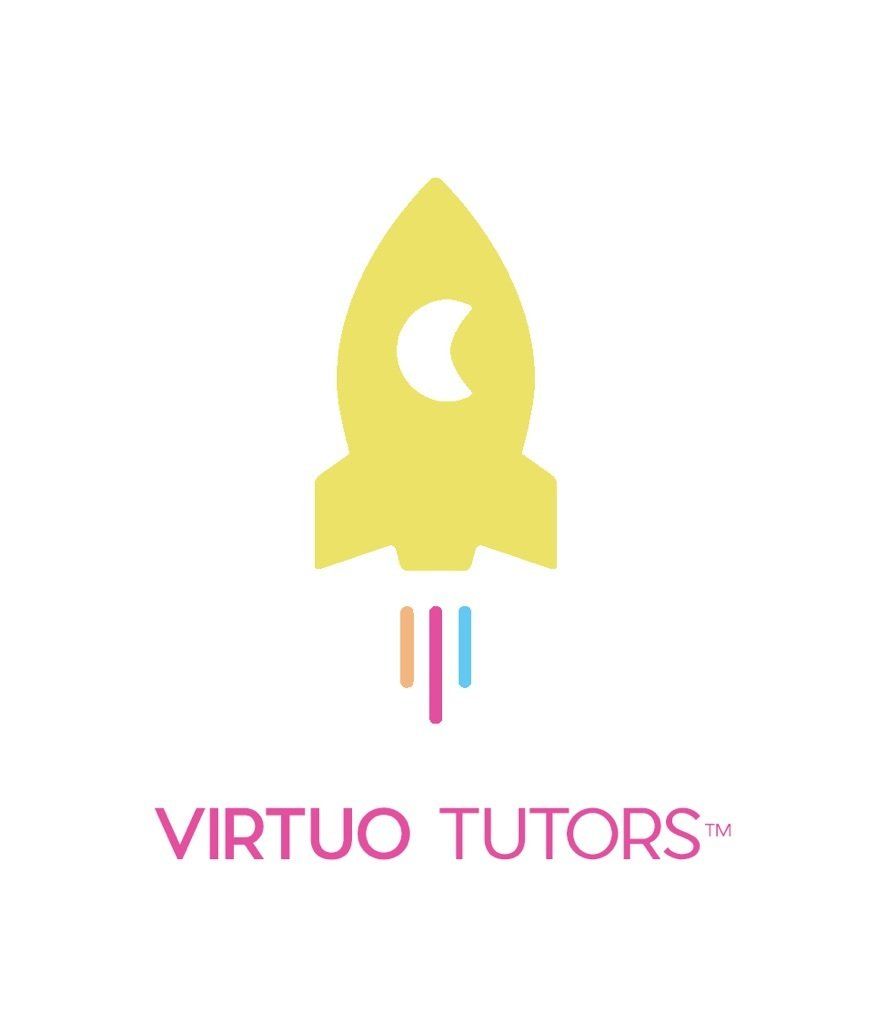Academic Tutoring
Each of our academic tutors comes with their own academic subject expertise; we will match your student with a tutor who has experience teaching the subject that your child is struggling with, or that you want your child to have extra individualized instruction in to get ahead!
One-on-one instruction allows for the tutor to create a curriculum, modify instruction, and engage students using their interests and strengths to improve their overall understanding and create a positive relationship with learning. Our tutors understand that each individual has their own learning style and learning needs, and they work to help students both improve their grades as well as grow their love of learning.
Subjects include READING COMPREHENSION, DECODING, ESSAY WRITING, SPELLING, GRAMMAR, MATH, SCIENCE, HISTORY, FOREIGN LANGUAGE, and COMPUTER TECHNOLOGY.
In the 2019–2020 school year, the number of students ages 3–21 who received special education services under the Individuals with Disabilities Education Act (IDEA) was 7.3 million, which is 14% of all public school students. Among these students receiving special education services under the IDEA, 33% of students were categorized as having a specific learning disability (1).
Many of our tutors are learning specialists, speech-language pathologists, reading specialists and decoding experts, and educational consultants. These specialists have extensive experience tutoring and supporting students with various learning disabilities, including dyslexia, dyscalculia, auditory processing disorder, language processing disorder, nonverbal learning disabilities, ADHD, ASD, and learning disabilities with specific academic impairments in the one-on-one learning environment.
In addition to helping students who are behind in the classroom, our tutors also have experience designing supplemental curriculum to enhance a student’s foundational knowledge and skills to further their learning so that they can explore their interests and get ahead!
Many students find that they are not being sufficiently challenged and engaged in the classroom, and they desire the more individualized one-on-one learning environment as a space to explore their interests through exploratory, engaging projects that are research-based and student-driven so that they can achieve their full academic potential beyond the classroom walls.
References:
- National Center for Education Statistics. 2021. Students With Disabilities. [online] Available at: <https://nces.ed.gov/programs/coe/indicator/cgg>.
Our Locations
Connecticut, United States
New York, New York, United States
We would love to hear your feedback.
Leave us a Google Review!
Check out our feature on The Daily Voice!
Powered by Snapps
